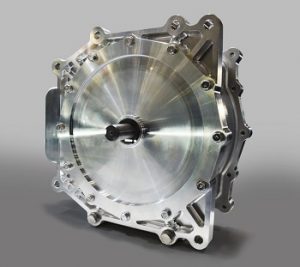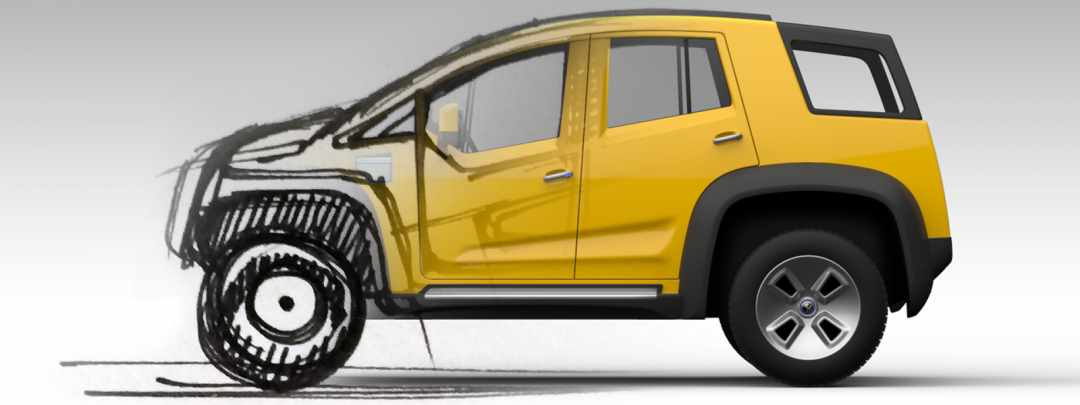Nidec‘s novel traction motor system E-Axle will be adopted by the Aion S e-car slated to appear on the Chinese market in May 2019. The company now presents a prototype of a new addition to its lineup of motors powering electric vehicles—a traction motor designed to be fitted inside the wheel hubs.

The new in-wheel traction motor developed based on the company’s E-Axle product line. Source: Nidec
While regular EV traction motors generally occupy the engine compartment, in-wheel motors, as their name implies, are incorporated directly into the wheels of the automobile.
According to the Japanese company, benefits of this set-up include higher efficiency as a result of driving the wheels directly and bypassing the need for conventional power transmission mechanisms. In turn, this allows for lighter and more compact designs. Additionally, independent control of the wheels opens up the possibility of making further improvements to electronic stability control (ESC) and traction control systems (TCS).
The most prominent features of Nidec’s in-wheel motor are its high power and torque density and its lightweight properties. The prototype consists of a motor with integrated reduction gears and an oil cooling system.
By leveraging the technology developed for the soon-to-be-mass-produced E-Axle, a single in-wheel motor can achieve a power output of over 100 kW (135 PS)—equivalent to a 1800 cc class gasoline engine—while weighing only 32 kg and being compact enough to fit inside a 20 inch wheel.
The motor is compatible with all of the common car layouts. The company aims to start mass-producing the motor around 2023.














